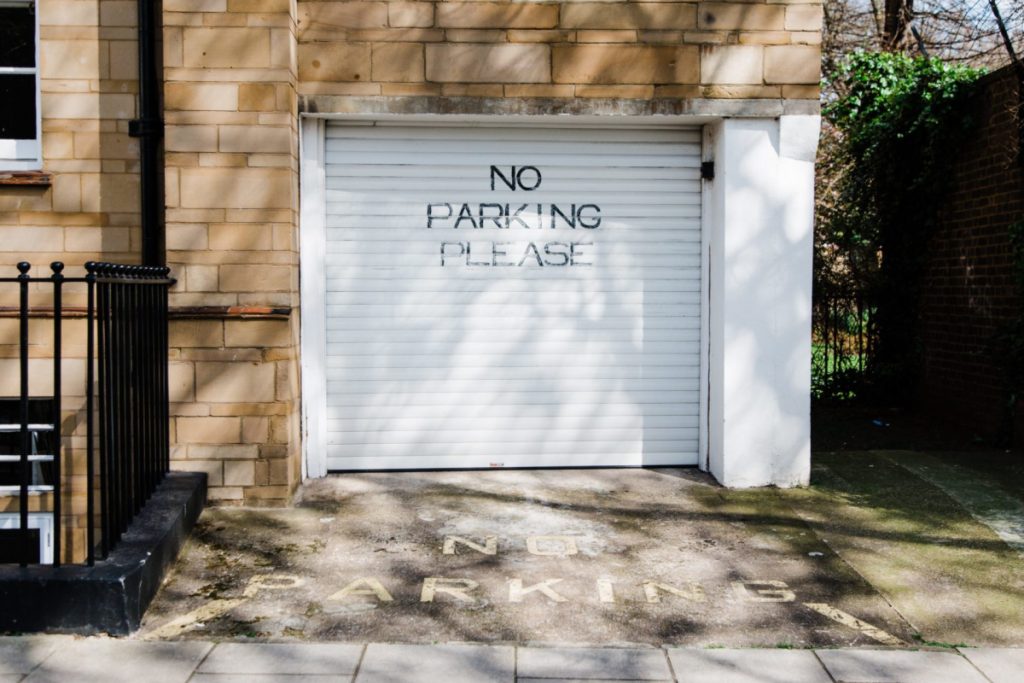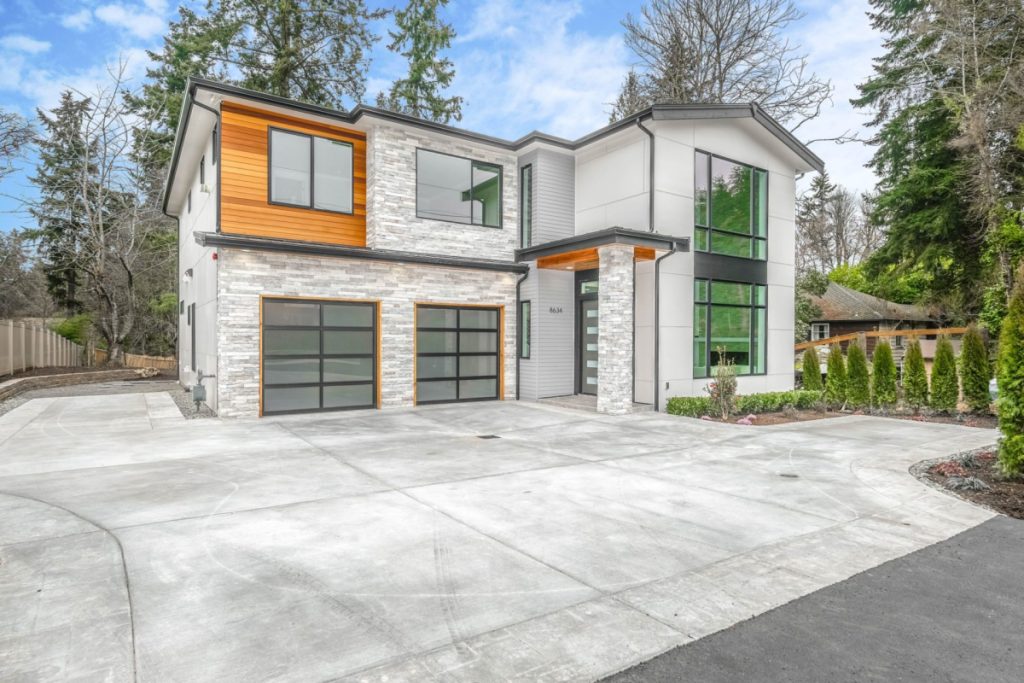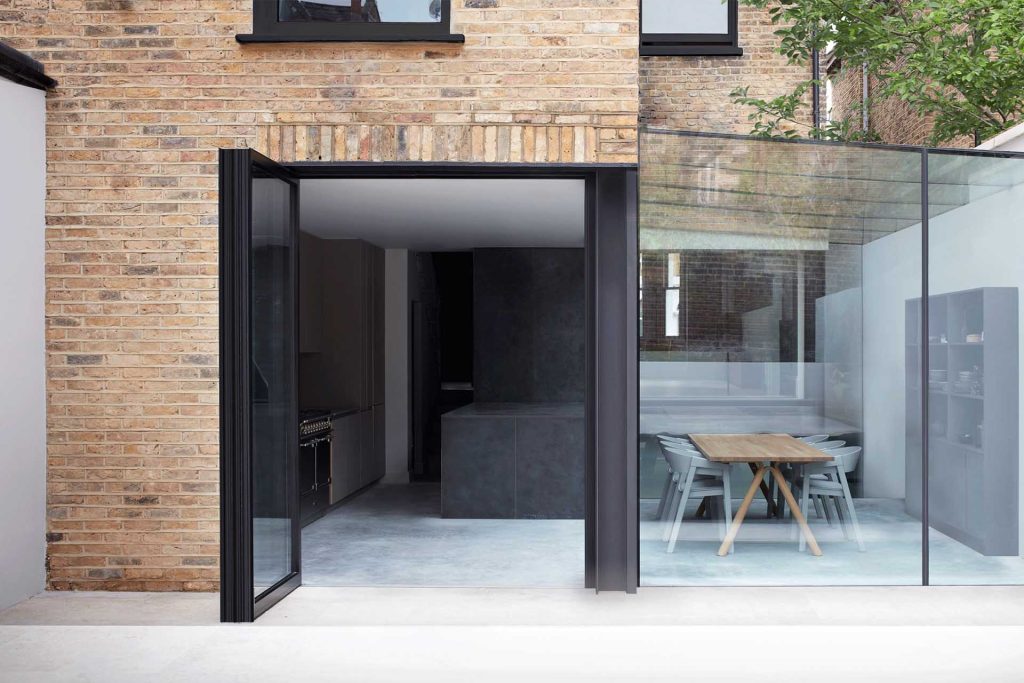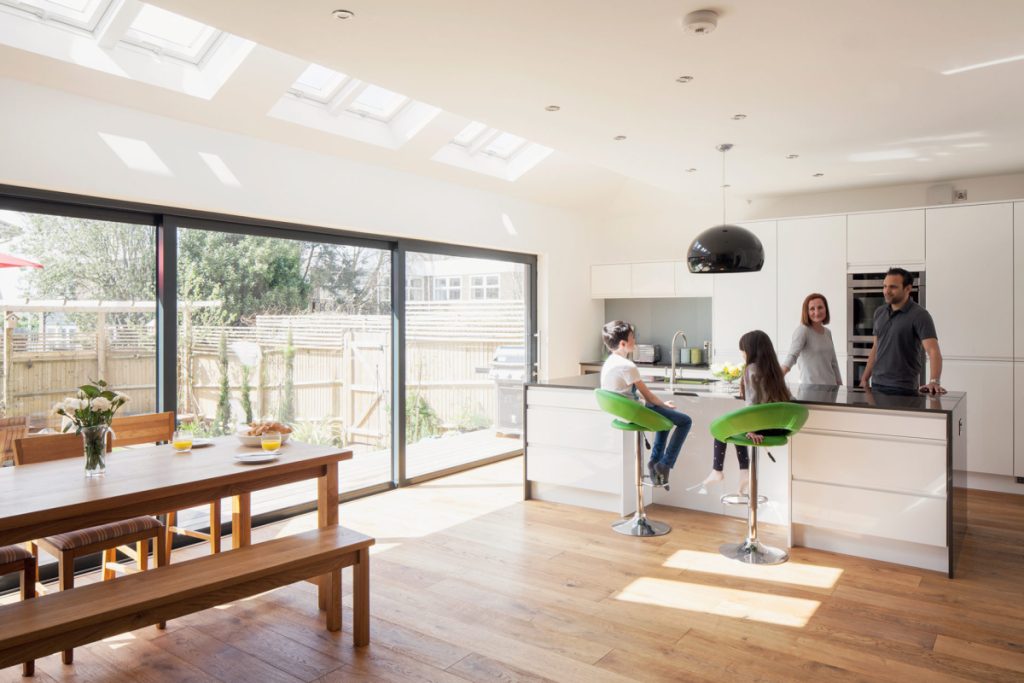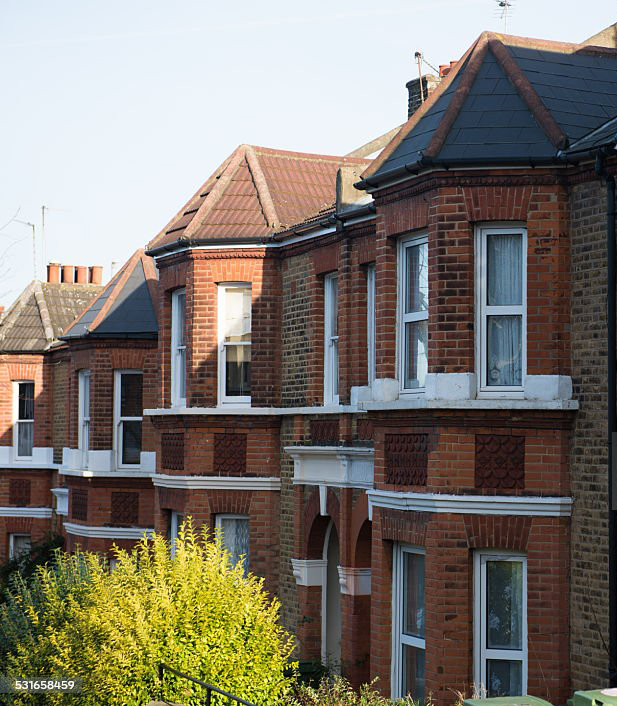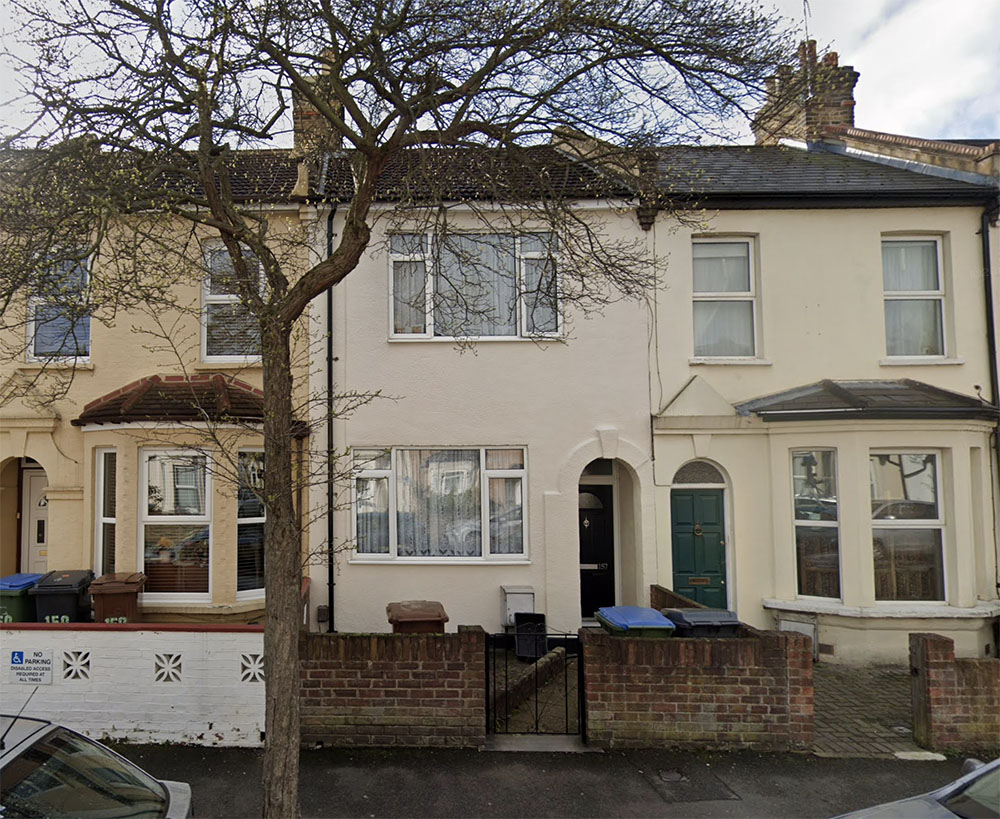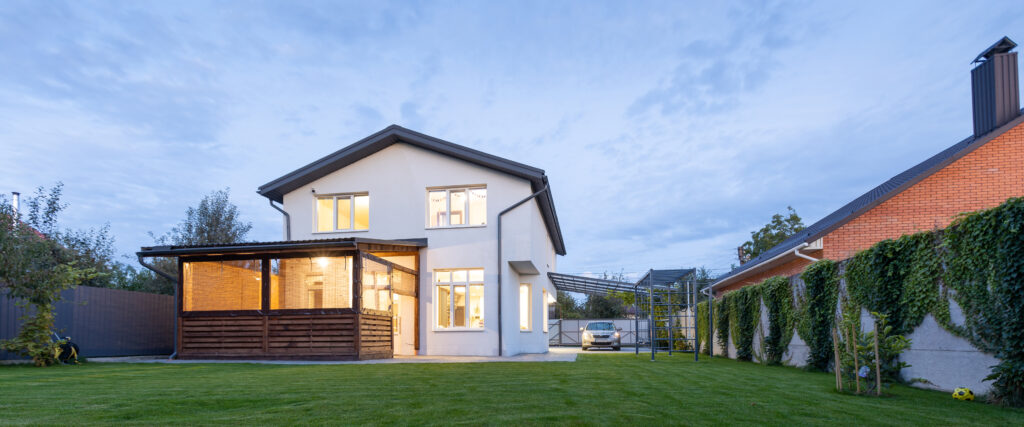Are you considering adding an extension to your home but worried about the planning permission process? You’re not alone. Many homeowners find the process of obtaining planning permission for their extension project to be a daunting task. However, did you know that in some cases, it is possible to build an extension without permission? In this article, we’ll explore the conditions under which you may be able to build an extension without permission and what you need to know before you start your project.

Gaining approval to build your dream extension or conduct necessary repairs can be an arduous task. The realm of UK planning regulations is intricate, and the lack knowledge in this area often stumble into unforeseen problems. As a helpful point of departure, we have condensed important information regarding whether building projects necessitate planning permission.
It is highly likely that if you wish to construct something new or initiate significant changes to an existing building, planning permission will be required. If planning permission is necessary and the work commences without obtaining it, an enforcement notice may be served, mandating the reversal of all modifications made. Therefore, it is advisable to check before commencing any work to avoid risk.
Permitted Development Rights
Permitted Development Rights (PDRs) are a set of rules that allow you to make certain changes to your property without obtaining planning permission. These rules apply to many types of building work, including extensions. However, it is important to note that the rules governing PDRs can be complex and are subject to change. Therefore, it is always advisable to consult a professional to ensure that your proposed work falls within the scope of PDRs.
Single-Storey Extensions
One of the most common types of extensions is a single-storey extension. This type of extension usually extends from the rear of the property and can add valuable space to your home. In most cases, single-storey extensions can be built without planning permission as long as they meet certain criteria. For example, the extension must not exceed a certain size, and it must not be closer than a certain distance to the boundary of your property.
The criteria for single-storey extensions that can be built without planning permission are as follows:
- The extension must not extend beyond the rear wall of the original house by more than 3 meters (if an attached house) or 4 meters (if a detached house).
- The maximum height of the extension must not exceed 4 meters.
- The eaves height of the extension must not exceed the eaves height of the original house.
- The extension must not be higher than the highest point of the roof of the original house.
- The extension must not cover more than half of the area of the land around the original house.
Two-Storey Extensions
If you are considering a two-storey extension, you will need planning permission in most cases. However, in some cases, it may be possible to build a two-storey extension without planning permission if it falls within the PDRs. The rules for two-storey extensions are more complex than those for single-storey extensions. If you are considering a two-storey extension, it is advisable to consult a professional to ensure that your proposed work is within the PDRs.
Other Considerations
Even if your proposed extension falls within the PDRs, there are other considerations you need to take into account before you start your project. For example, if you live in a listed building or a conservation area, you will need to obtain planning permission regardless of the size of the extension. Additionally, if you are a leaseholder rather than a freeholder, you will need to obtain permission from the freeholder before starting any work.
It is also important to note that just because you can build an extension without planning permission does not mean you should. In some cases, it may be in your best interest to obtain planning permission even if it is not strictly required. This is because planning permission can add value to your property and make it easier to sell in the future.
In conclusion, it is possible to build an extension without planning permission in some cases. However, the rules governing PDRs can be complex, and it is always advisable to consult a professional before starting any work. Even if your proposed extension falls within the PDRs, there are other considerations you need to take into account before you start your project. By doing your research and seeking professional advice, you can ensure that your extension project is a success.


